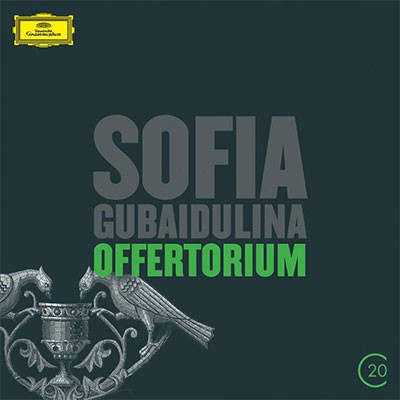after ‘Four Quartets’ (1936-1942) by T.S. Eliot (E)
0.0.1.1 -1.0.0.0-strings(1.1.1.1.1)
Abbreviations (PDF)
Sikorski
The vocal parts of Sofia Gubaidulina's seven-movement chamber music work are based on the poem ‘Four Quartets’ (1943) by the English poet T. S. Eliot. Gubaidulina has extracted several lines from it and set them to music. The composer, herself an admirer and admirer of the poet, critic and essayist, feels a particular affinity with his poetry, which reflects a world out of joint and shows a way out of the cultural wasteland by turning to the christian faith.
Gubaidulina said of the work in a telephone conversation with her friend, the composer Viktor Suslin: ‘The “Four Quartets” are Eliot's last work. Each of these quartets consists of five ‘movements’. The theme of this cycle is the intense experience of time. The number four plays an important role in it in various respects: the four seasons, the four phases of human life - and temporal existence can also be divided into four parts: Present, past, future - and the fourth time would be the ‘eternal possibility’ or the ‘rapture of time’.’
The work, based on Schubert's octet instrumentation (clarinet, bassoon, horn, 2 violins, viola, cello and double bass), attempts to approach the text in particular with filigree writing, very fine dynamic gradations and polyrhythmic layering.

Christine Whittlesey / Eduard Brunner / Gidon Kremer /
Radovan Vlatkovic / Alois Posch / David Geringas /
Klaus Thunemann / Tabea Zimmermann / Isabelle van Keulen
Deutsche Grammophon DG 4791518

